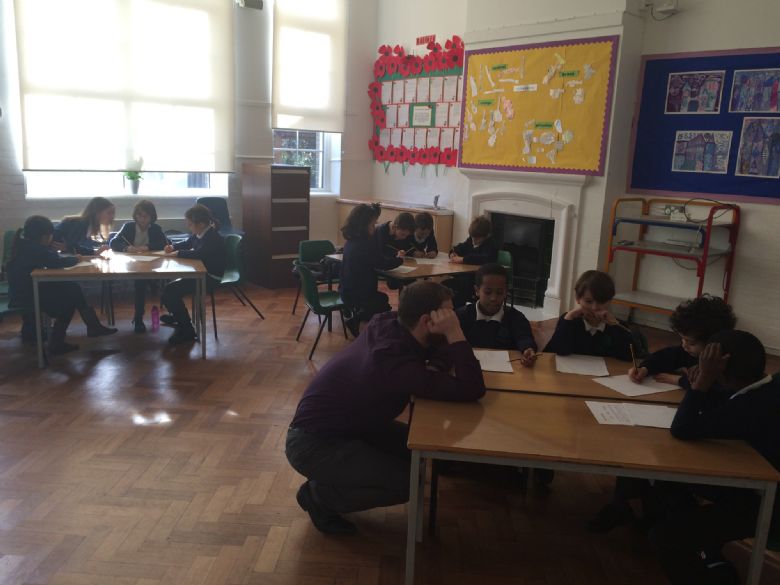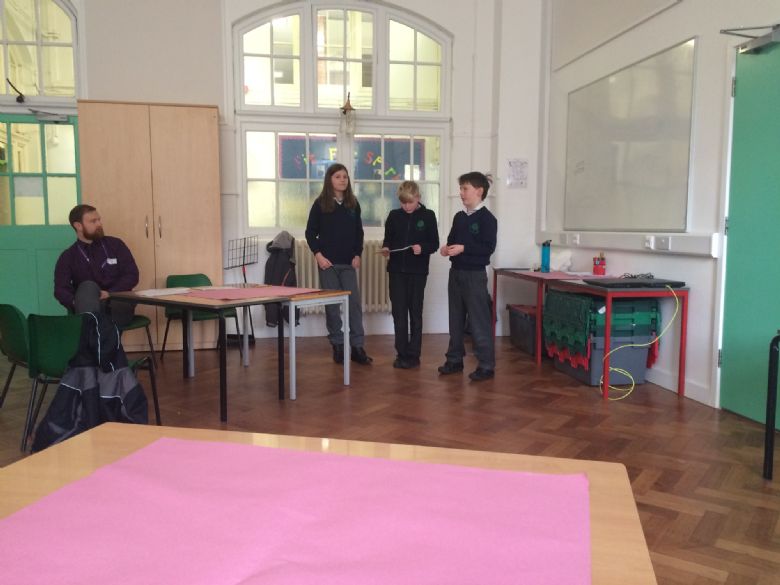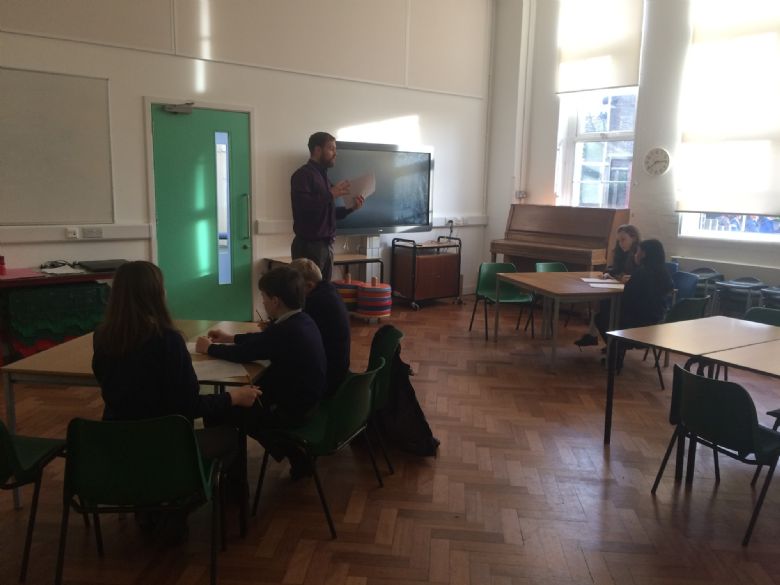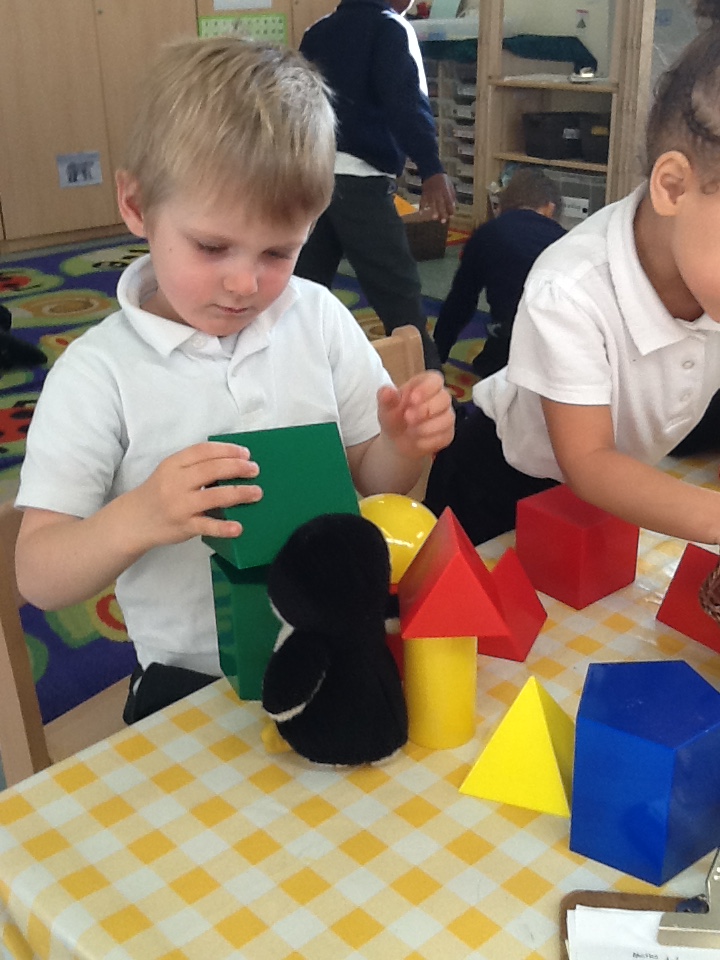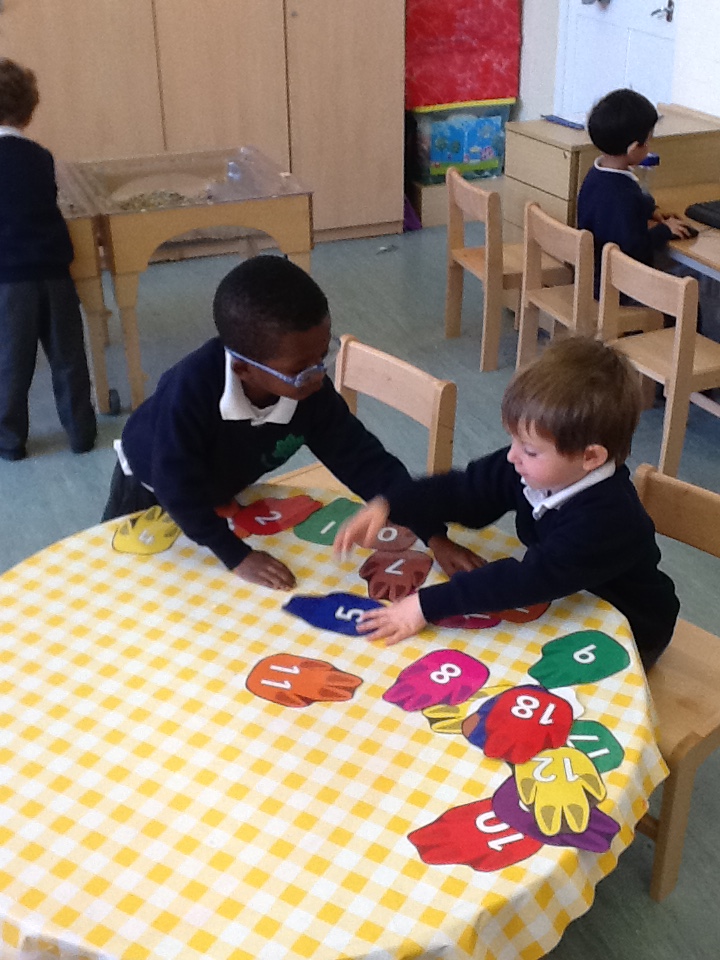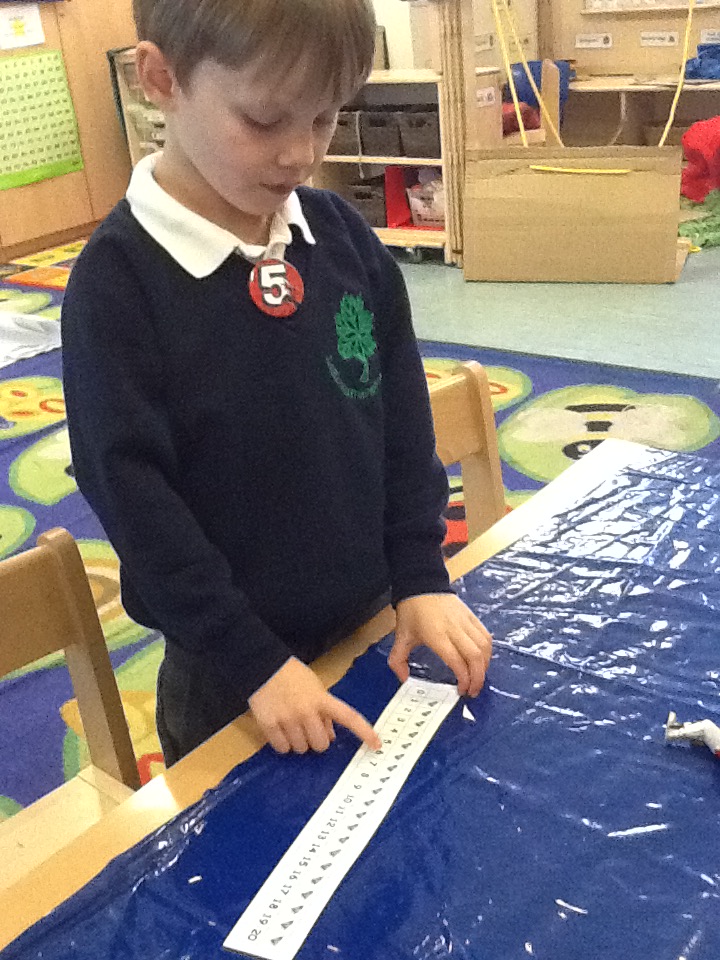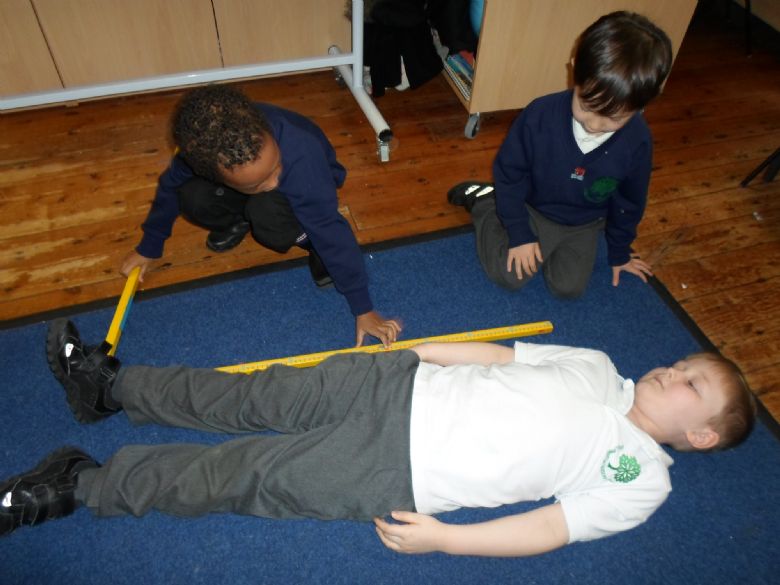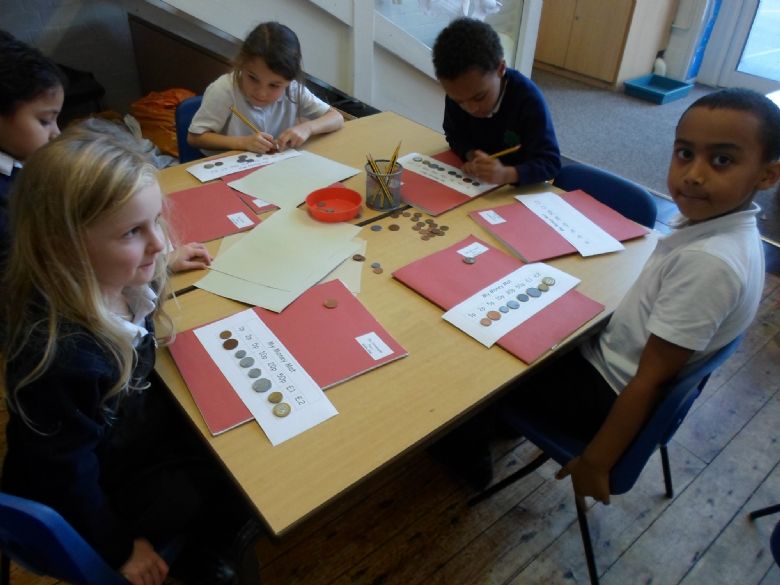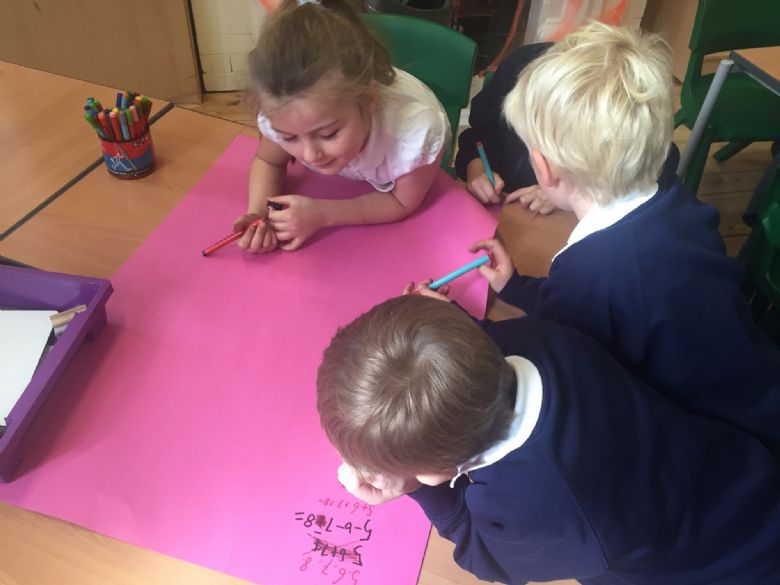Mathematics
Maths at Darell is fun! Children learn how to problem-solve and to develop fluency with number and other aspects of maths. By the time children leave Darell to go to secondary school, they have instilled in them a love of maths and the confidence to take risks with their learning.
Through whole class teaching, group work and independent learning, children are encouraged to be inquisitive and to question themselves and each other in their quest to learn.
The new mathematics curriculum places a strong emphasis on reasoning and calculating, which are taught explicitly in maths lessons. Each week, children in Years 3 – 6 have a basic skills lesson, where written methods of calculation are taught and practised. In addition, children work with an adult each week to practise their mental calculations in our Maths Mountain Challenge.
Throughout the school, children take great pride in their mathematical achievements, whether it be from Mathletics, Maths Mountain or being able to do something today which they couldn’t do yesterday.
Maths Mastery Curriculum
We are now teaching a mastery curriculum for maths. This means that there is a focus on teaching a mathematical concept for a longer period of time. In order to embed the children's understanding, the children are taught concepts in 'microscopic steps' (breaking down each skill), pre-empting any misconceptions.
The national curriculum for mathematics aims to ensure that all pupils:
- become fluent in the fundamentals of mathematics, including through varied and frequent practice with increasingly complex problems over time, so that pupils develop conceptual understanding and the ability to recall and apply knowledge rapidly and accurately
- reason mathematically by following a line of enquiry, conjecturing relationships and generalisations, and developing an argument, justification or proof using mathematical language
- can solve problems by applying their mathematics to a variety of routine and non-routine problems with increasing sophistication, including breaking down problems into a series of simpler steps and persevering in seeking solutions
At Darell, all children are taught fluency, reasoning and problem solving in maths.
- The children are taught the skill and practise their fluency.
- They are then taught how to reason and explain their understanding. We use sentence stems such as: 'I think that.....because.....', 'I noticed that.....', 'The pattern I spotted was....', 'I started by......'
- The children are also taught the skill of problem solving - they use the skill that they have learnt in order to solve problems.
All children are taught the same skill, but to ensure that they can all access the learning, the teachers differentiate through the use of adult support, carefully selected numbers or hands-on resources. We no longer teach children concepts that are taught in older year groups. Instead, in order to stretch our more-able children, we 'deepen their understanding' through the use of missing digit problems, encouraging them to explain their reasoning, asking them to spot the mistakes etc.
Calculation Progression
Please find the link for the calculation progression below. This outlines the methods that are taught for addition, subtraction, multiplication and division from Year 1 to Year 6.
The children at Darell enjoy using hands-on aids and resources to help them understand mathematical concepts including counting, shape and measure. They also enjoy working in groups when problem solving and reasoning.
At Darell, we want to ensure that children are not only supported to raise their confidence and ability in maths (through intervention groups and Maths Mountain) but also extended and stretched to achieve their full potential. We are lucky enough to have a Grey Court School teacher come into school to run problem-solving groups for more able mathematicians in Years 3 to 6! He will be engaging and stretching their mathematical thinking and understanding through a range of problem solving activities.
